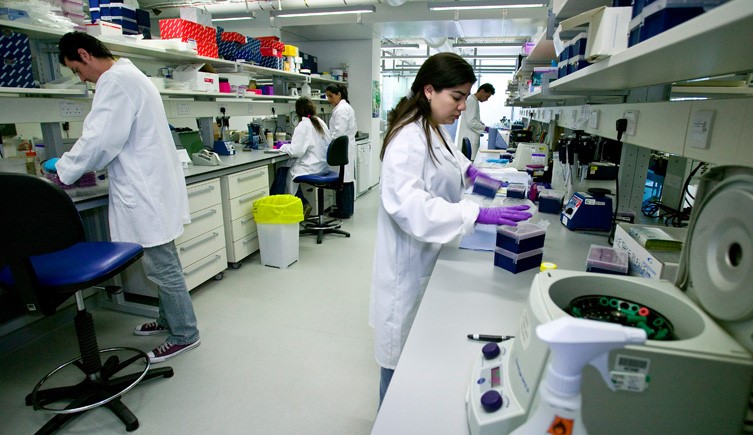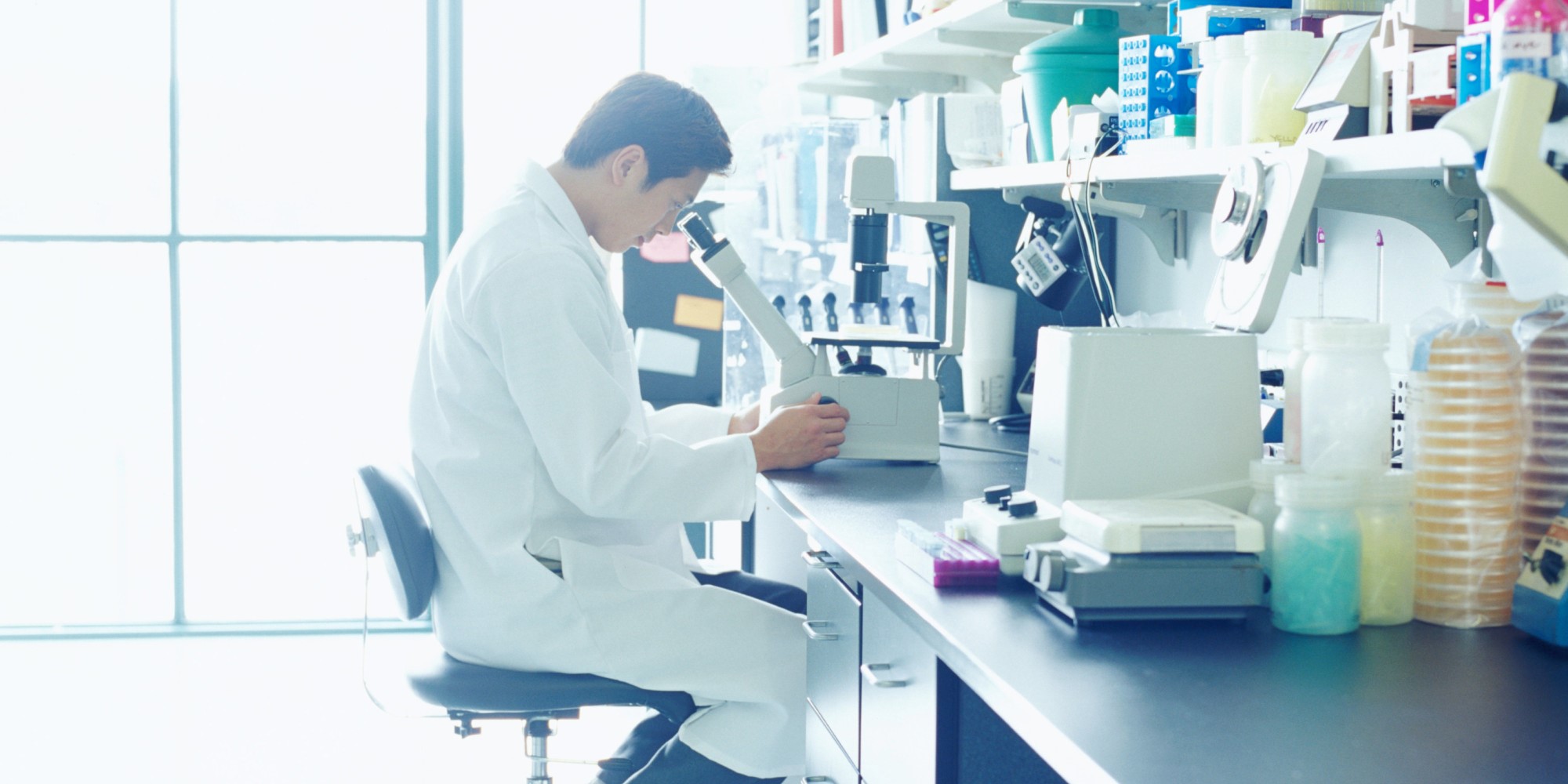Relocating a lab is a big project. You’ll need a plan with plenty of time to spare. Moving lab equipment is complex, far more so than traditional commercial relocation projects, such as moving offices. They require precision, expert knowledge and above all, extremely detailed planning. A busy laboratory that’s constant with ongoing research must ensure that downtime is minimized. This requires the right industry knowledge to understand the project tasks and detailed organization to ensure that any scientific research can be preserved and maintained.

With a relocation plan, it is important to ask a number of key questions, such as ‘should the laboratory be relocated in stages to reduce downtime and mitigate risk’ and ‘what hazardous substances are held in the laboratory set-up at this time to consider and plan correct and legal transportation’. For specialist services, consider Lab Relocation Services at a site like https://www.aportglobal.com/
Creating a project plan based on the nature and needs of equipment
For planning and managing the relocation of a laboratory project, the first task will be to build a short project. After a brief initial project has been established, the main objectives can be set and approved. Dedicated project managers will complete an initial study and define the individual needs of all departments of the relocation. From these details, the timeline of the relocation can be completed to incorporate all specialist activities such as decommissioning and recommissioning, construction and reservations, specialist packaging materials, packing / unpacking and the time necessary for the physical relocation.
Confirmation of whether a third party should be involved
A great deal of lab equipment is going to need OEMs to carry out the full range of decommissioning, recommissioning and re-calibration services. A professional relocation service will have strong working relationships with a wide range of OEMs and would be able to manage these processes on your behalf. They will contact all the OEM necessary once the required level of service is established, calculate critical timing paths and organise the schedule of OEM equipment. This will ensure the best value for money is achieved as OEM repeated visits to a site can be very costly.

Consider the logistics before the move
There are many kinds of materials, samples, chemicals, as well as pathogens which may be inside a lab and will require thorough organisation and relocation processes to be strictly followed to ensure that it is safe for relocation and adheres to the necessary legalities.
Stay on schedule on the day
After detailed planning is completed, the days of the relocation will run like clockwork – with each task completed in order and on time by a team of relocation experts. A dedicated project manager can make sure that all the right specialist moving equipment, items and expertise is properly organised and allocated to guarantee the safe transportation of expensive equipment, cold chain materials and hazardous materials.
